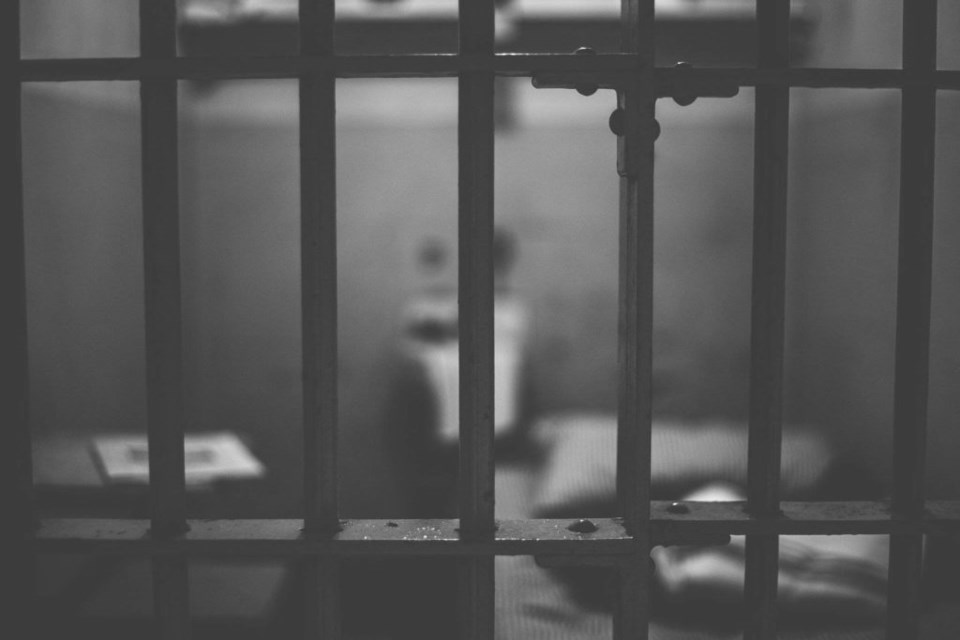Edward Tineo was released from Hudson County Correctional Facility in March as friends around him fell sick and guards put detainees in near-solitary confinement, Patch reported.
But for Tineo, the only thing that mattered was seeing his family.
"I came home to a pandemic, but at the time what really mattered to me is I was home with my family," Tineo said. "I was excited—I was happy."
But when Tineo arrived home, it wasn't easy. Like many immigrants, particularly those formerly detained by Immigration and Customs Enforcement (ICE), he was left fearful of applying for much needed benefits.
Tineo, who had helped detainees through a hunger strike over conditions at the facility just before his release, struggled to get a state ID, open a bank account and, even with a new green card, get a job.
Brooklyn Defender Services (BDS) helped Tineo and dozens of other immigrant detainees get released from jails when coronavirus hit New York City. And they are continuing to support those immigrants through the new fund Todos Together.
"All the problems that face the communities that we serve normally, not having ID, not having access to government benefits, were just compounded by [the coronavirus crisis]," social worker Meg Smithson said.
The Todos Together fund will help immigrant families who need emergency help with groceries, household, hygiene, toiletry needs, baby supplies, utility bills, remote learning needs and medication costs.
For those still detained, the fund will go into commissary accounts for soap, toilet paper, phone calls and food.
BDS has freed 75 percent of its more than 100 clients in ICE custody by winning cases or proving jail conditions put detainees in danger. The remaining 25 percent are still facing dangerous conditions are being joined by more people as ICE begins arresting immigrants again, BDS advocates said.
"The jails are still not safe places," Attorney Andrea Saenz said. "People are still living in those lockdown-like conditions and they're still not safe. It's not over inside the jails."




